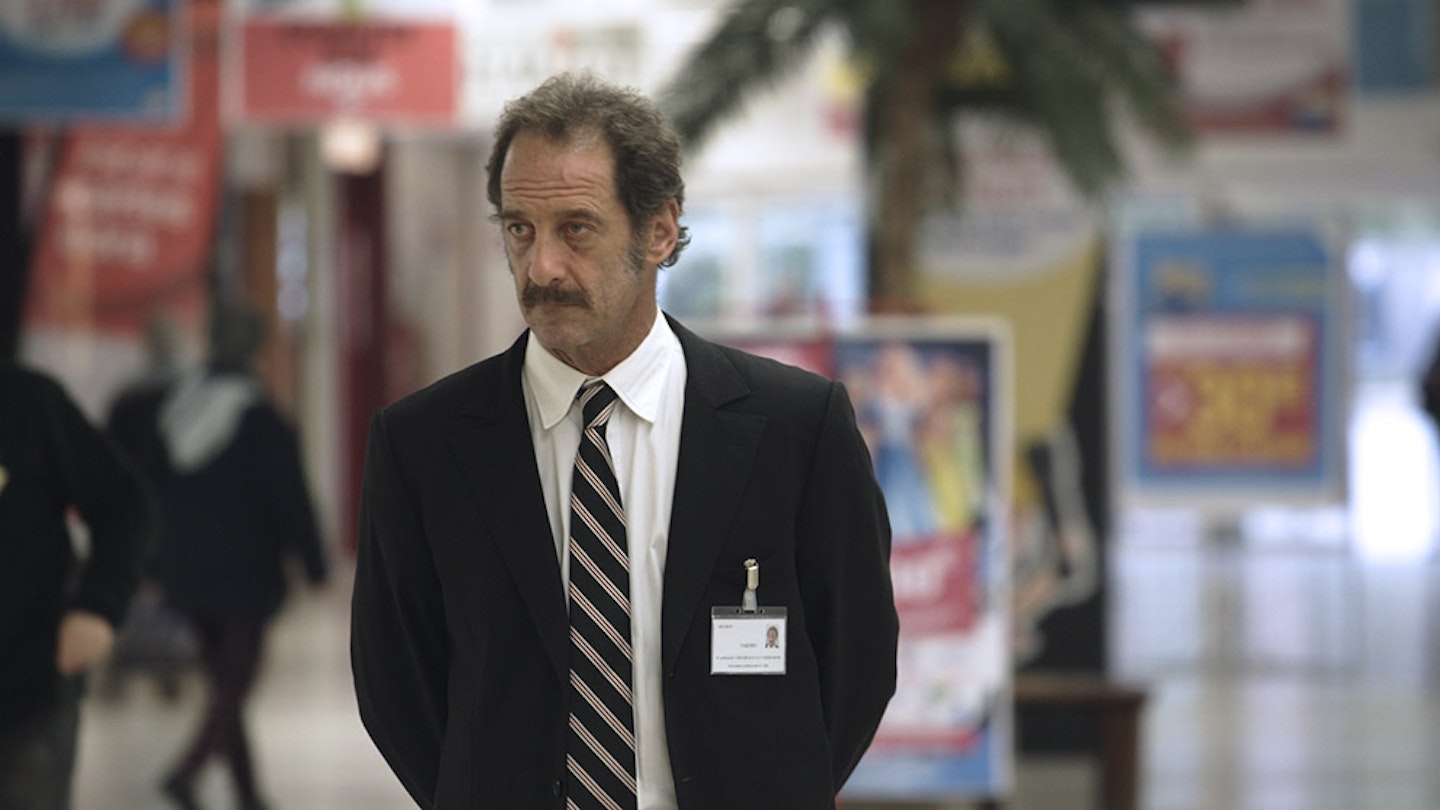Since it began producing kitchen sink sagas full of angry young men in the late 1950s, this country has claimed to be the home of social realism. In fact, French and Italian film-makers had been utilising the style for several decades before British cinema cottoned on to the plight of the working classes and they could still teach their UK counterparts a few things about the infrequency with which melodrama intrudes upon real life.

The result is undeniably Dardennesque, but this fine film also bears poignant testimony to Jean Renoir's humanist maxim that everyone has their reasons.
Director Stéphane Brizé pares the incidents down to the bare bones in this compelling account of one man's battle to maintain his dignity in the face of persistent provocation. Whether confronted with job centre drones sending him on futile training courses, bank managers suggesting life insurance or corporate recruiters criticising his CV via Skype, Thierry Taugourdeau swallows his pride and ploughs on. He refuses to complain that he has a son with special needs. All he wants is his due, hence his refusal (in direst need) to sell his mobile holiday home for below the asking price.
Having survived recurring humiliation, Taugourdeau is severely conflicted when he is unexpectedly hired as a superstore security guard. He can cope with floorwalking and monitoring the CCTV cameras. But each time a member of the public or the pittance-paid staff is caught shoplifting, recycling coupons or misappropriating loyalty points, a little bit of Thierry dies inside as he supervises their interrogation.
Shooting in intrusively intimate long takes, Brizé retains the focus on the Cannes-winning Lindon, who betrays flickers of suppressed fury as he takes joyless dance classes, accepts woundingly personal feedback in interview workshops and watches decent people publically suffering the shame of their poverty. The result is undeniably Dardennesque, but this fine film also bears poignant testimony to Jean Renoir's humanist maxim that everyone has their reasons.
